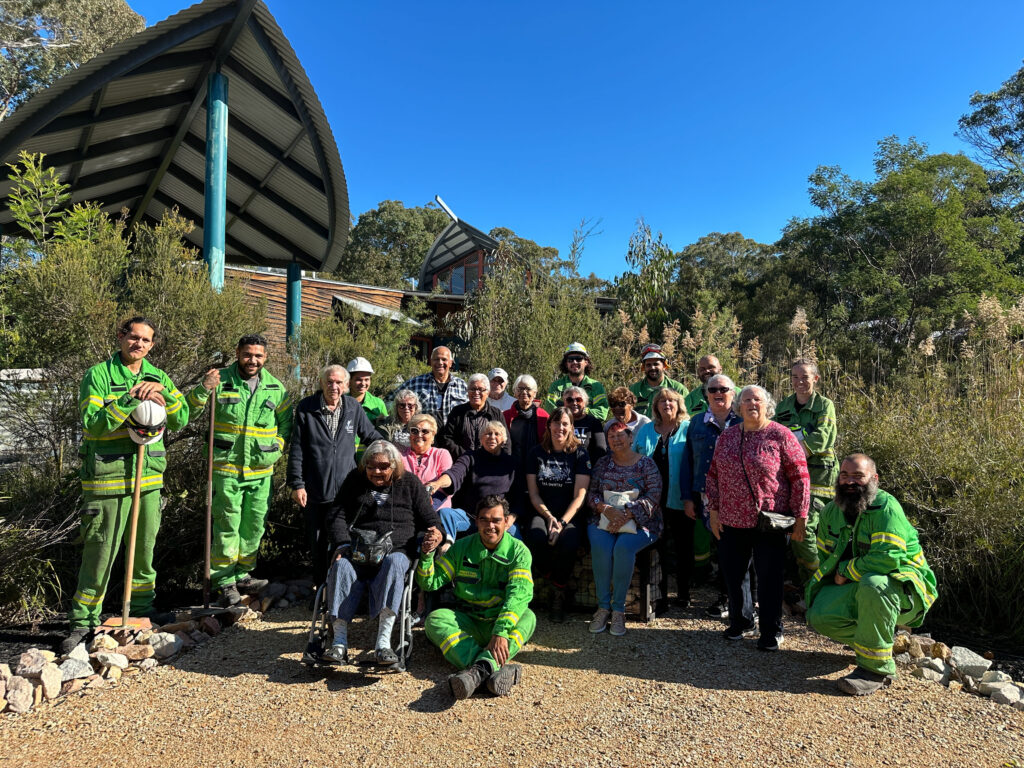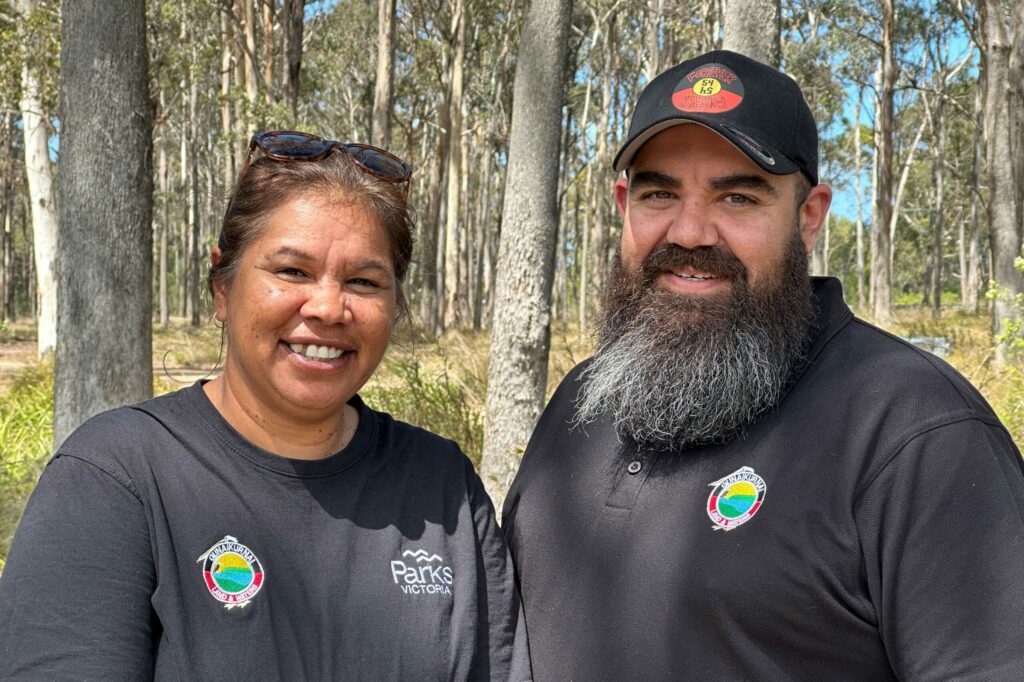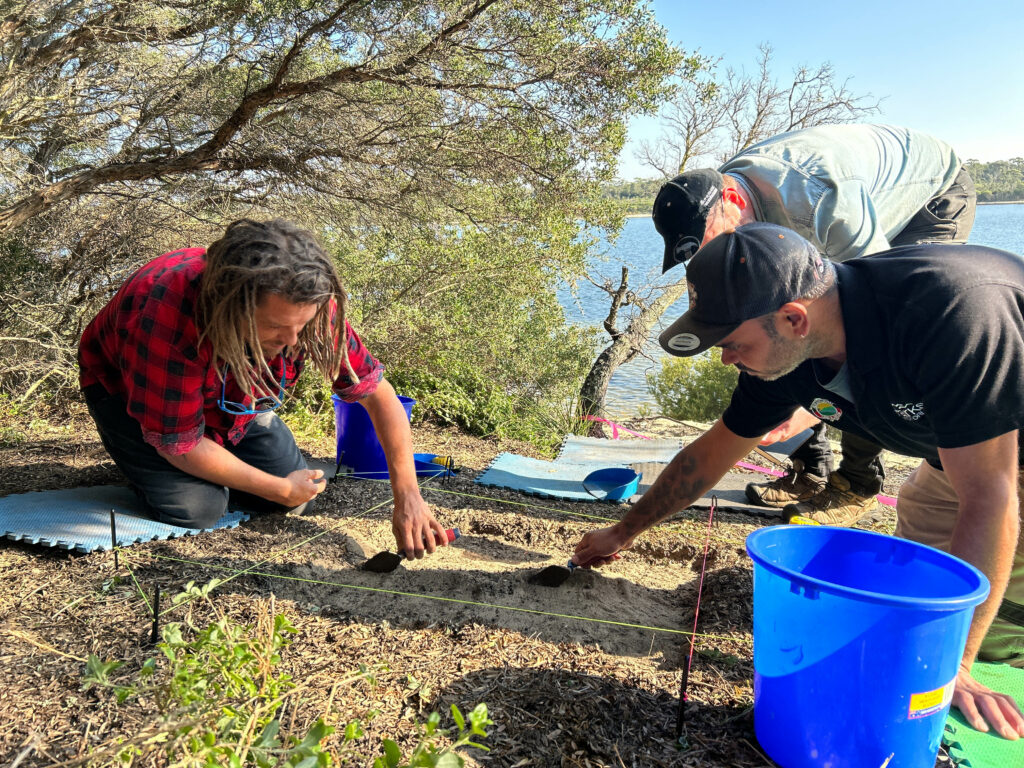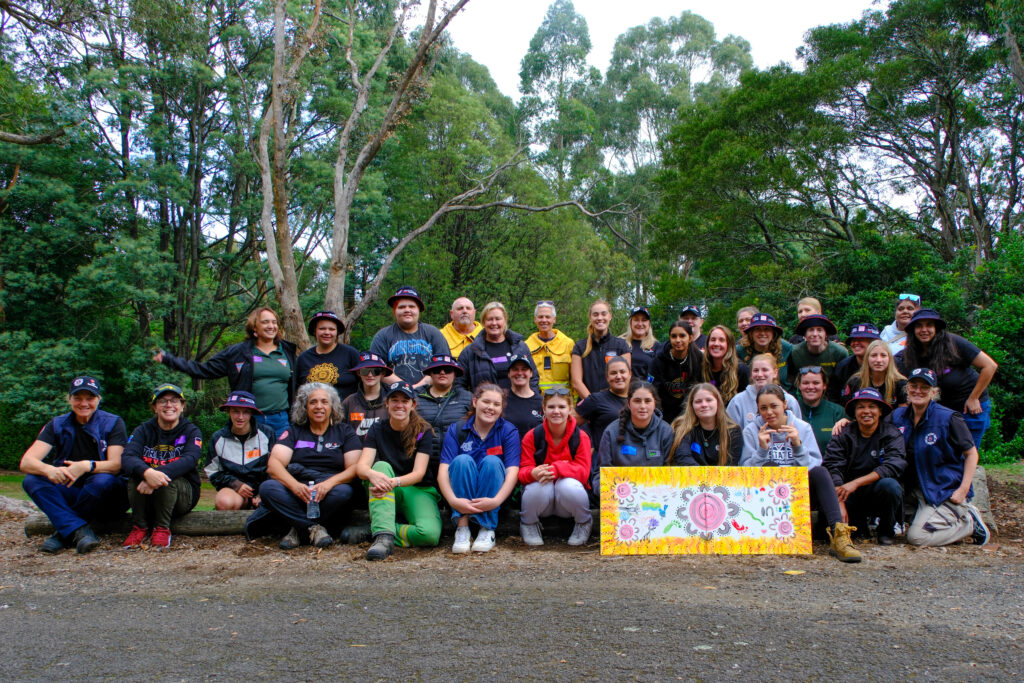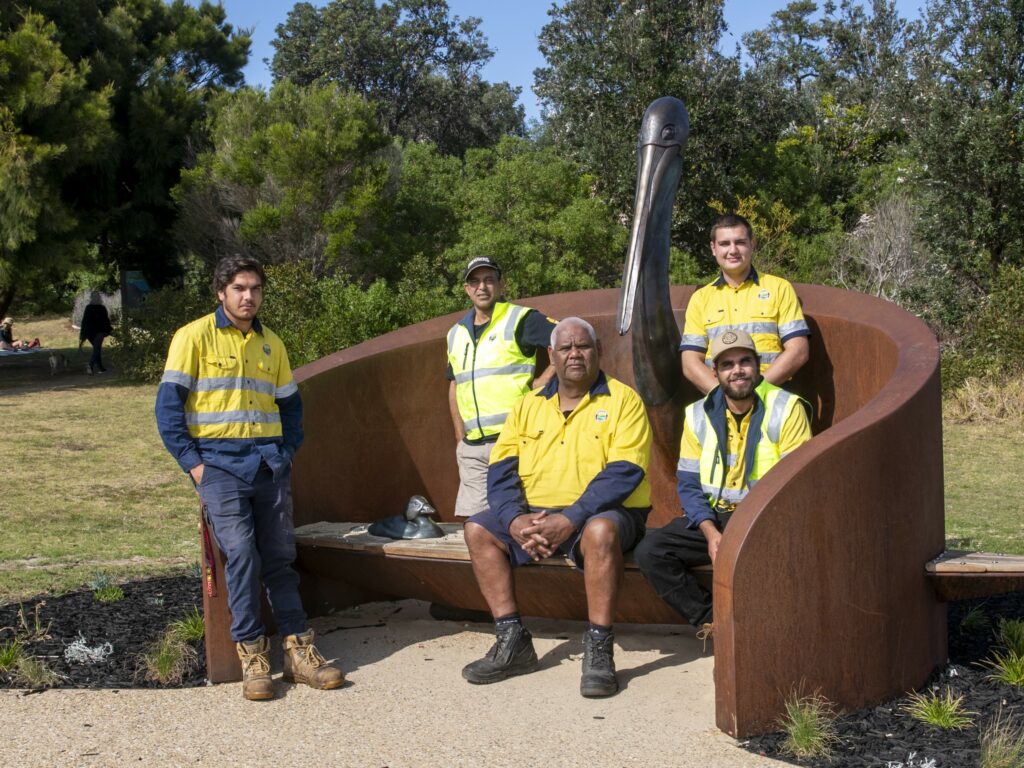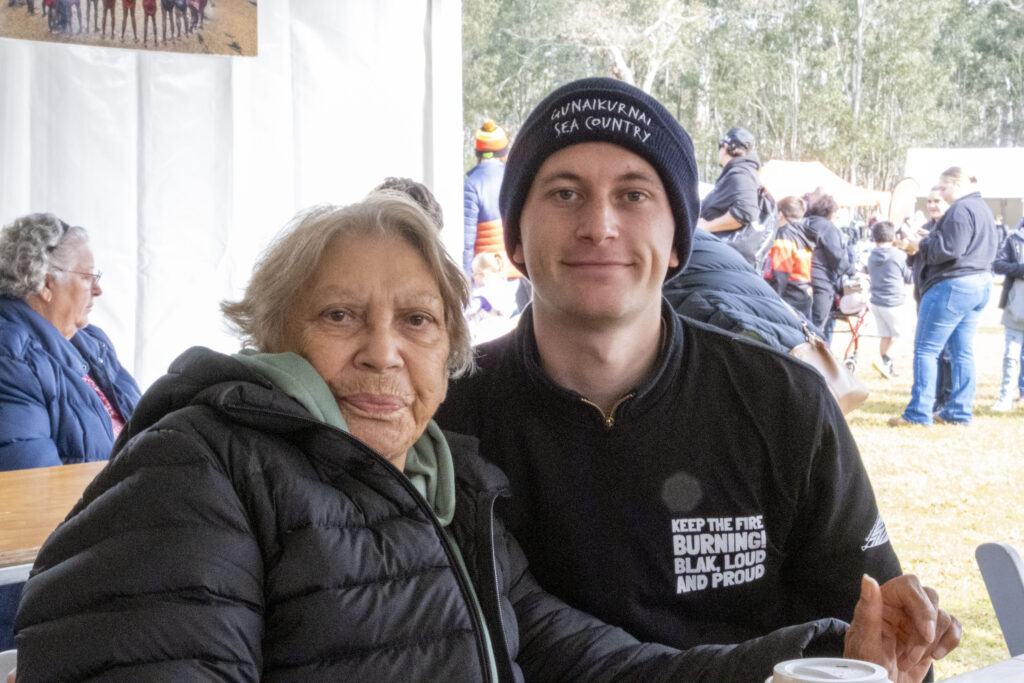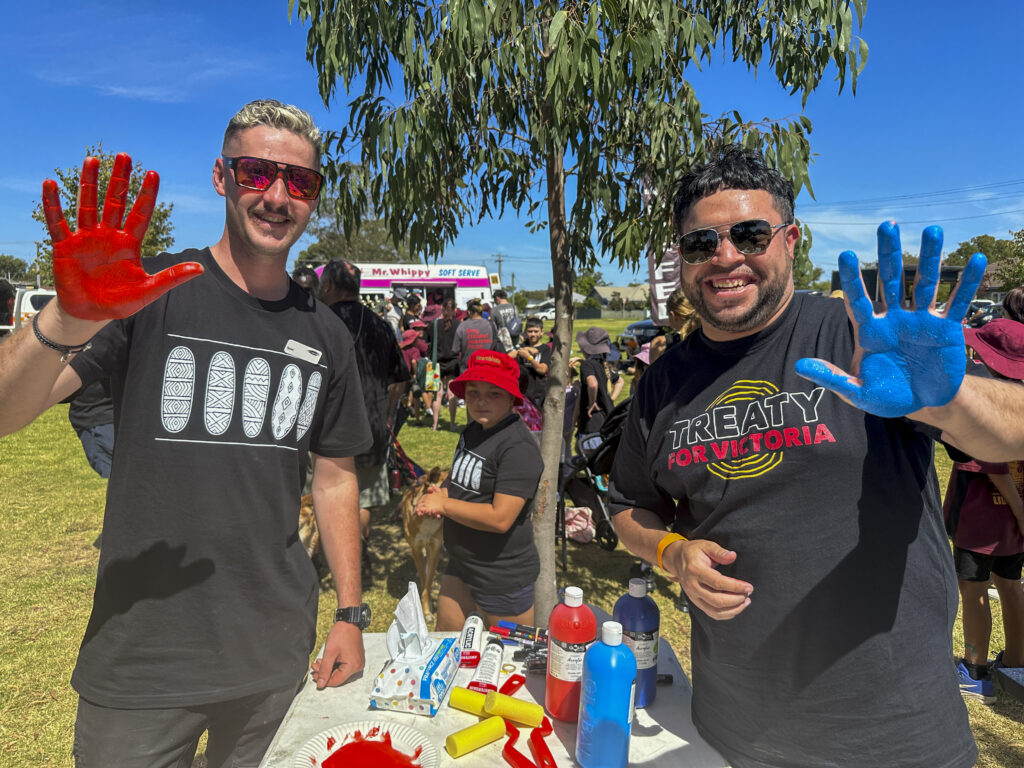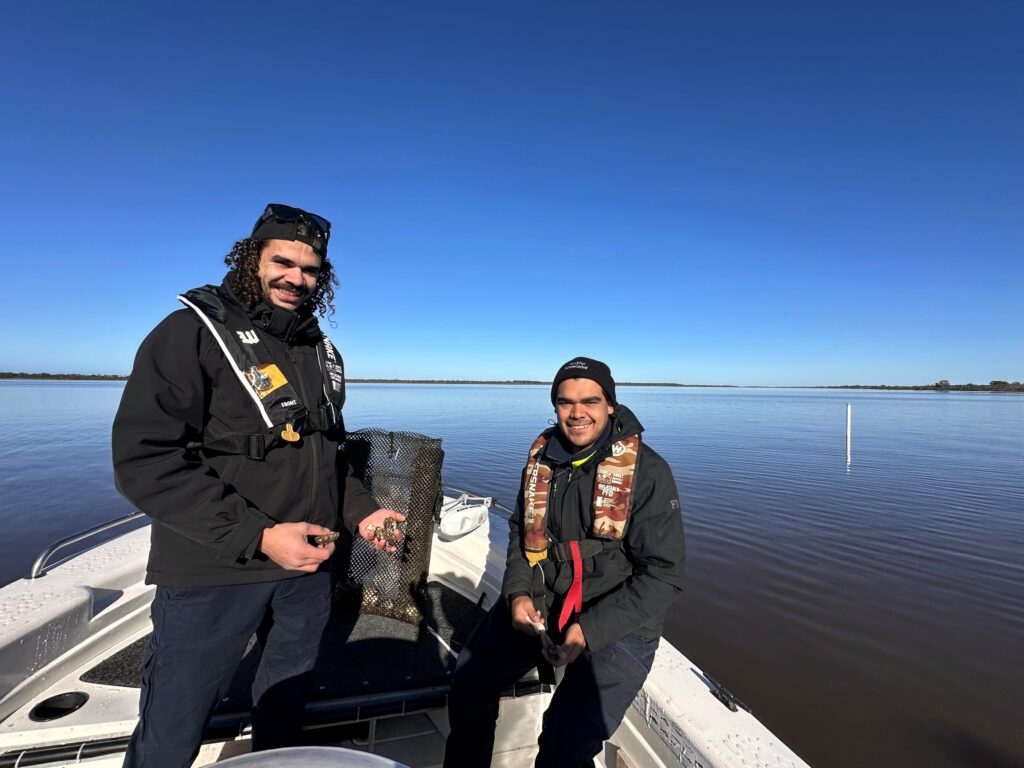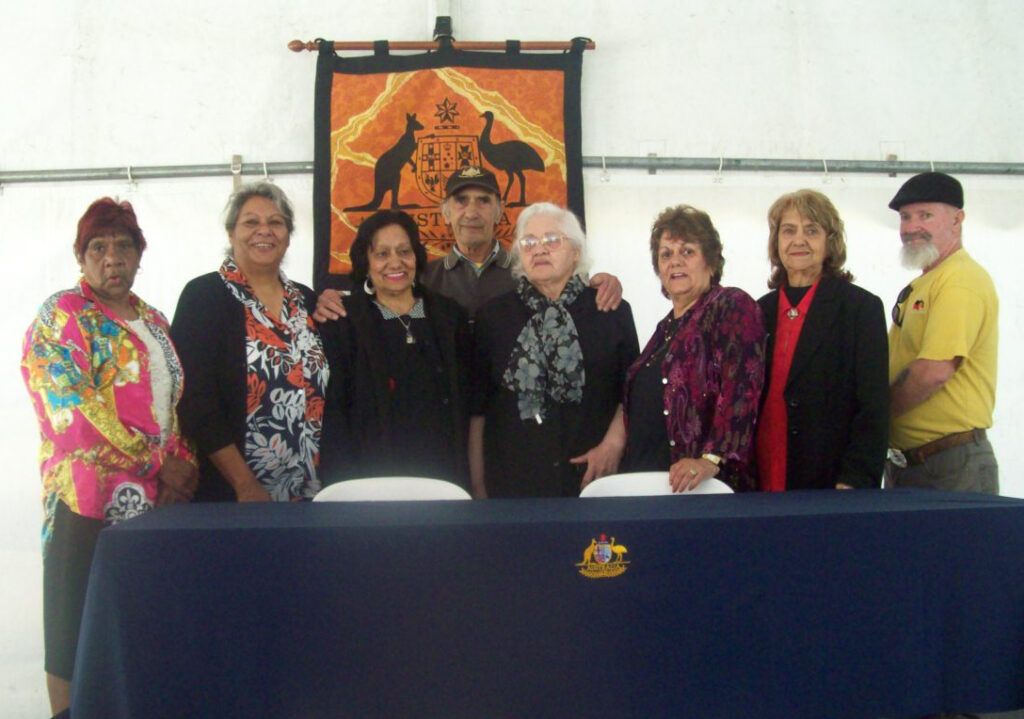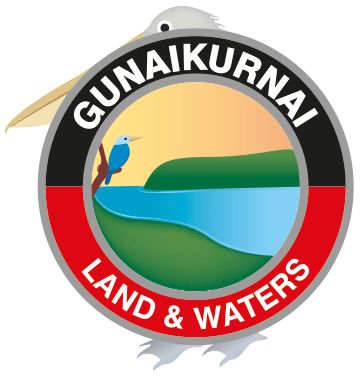Caring for Country, Growing Gippsland
22 October 2025
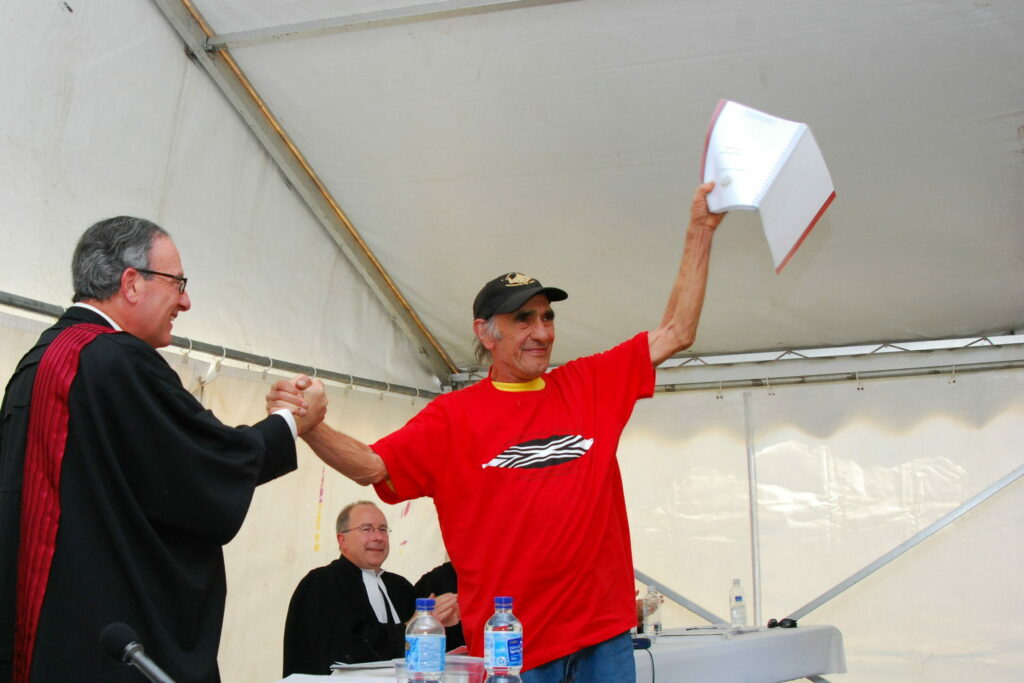
Fifteen years ago today, a crowd gathered at the Knob Reserve in Stratford. Smoke drifted from a fire as dancers stepped forward to mark the occasion. Elders and young ones stood together with neighbours and government representatives as the Federal Court of Australia formally recognised the Gunaikurnai people as the Traditional Owners of much of Gippsland.
On that same day, the Gunaikurnai signed a Recognition and Settlement Agreement with the State of Victoria, a landmark deal covering 1.33 million hectares of land from Warragul to the Snowy River, from the alps to the coast. It was the culmination of more than a decade of persistence and struggle, and the beginning of a new chapter.
Gunaikurnai Land and Waters Aboriginal Corporation, known as GLaWAC, stepped into its role on behalf of the five clans – Brataualung, Brayakaulung, Brabralung, Tatungalung and Krauatungalung – to care for Country and advocate for Gunaikurnai families.
Grattan Mullett, now GLaWAC’s Senior Strategic Advisor, remembers the feeling of that day vividly. “You could just feel the pride amongst our people. It felt like our ancestors were part of that day as well, like something really good was going to happen in the future.”
For many Gunaikurnai, recognition was not about gaining something new but about having something ancient and unbroken finally acknowledged. “We always knew we were Traditional Owners,” said Grattan Mullett. “But now, with native title, we were recognised as the right people to speak for this land.”
The agreements established joint management of 14 parks and reserves across Gippsland, from the Tarra-Bulga to the Lakes National Park, from Baw Baw to the Buchan Caves Reserve.
They gave Gunaikurnai people a stronger voice in how land is cared for, creating space for culture, conservation and community to work together.
On Country Ranger Mick Farnham describes it simply: “Working on Country is a healing process. We learn more about the cultural landscape, about the movement of animals, about bush medicines and cultural fire, the ways of our ancestors, and we pass that on to the next generation.”
Since 2010, GLaWAC has grown into a major employer of Aboriginal people across Gippsland. Its crews manage Country, protect cultural heritage and deliver environmental services. Each team carries the responsibility of caring for Country while building opportunities for community.
The Gunaikurnai story, like that of many First Peoples, includes deep scars – invasion, missions, the forced removal of children and the attempted erasure of language and culture. Yet survival itself is a powerful act of resilience. The Gunaikurnai Whole of Country Plan, written by Elders after the native title determination, expresses that spirit: We are Gunaikurnai, the first people of our Country. We have survived tens of thousands of years, often against great adversity. The future we see is one where our people stand proud and strong.
Today, culture is being reclaimed, young people are learning on Country and the next generation is stepping into leadership roles guided by elders.
As Victoria debates a new Treaty law, some people still worry that recognition gives Aboriginal people special treatment. In truth, it is the opposite. These agreements are about walking together and sharing responsibility for the place we all call home. When Country is cared for, communities are healthier and regional economies grow.
Since that day at the Knob Reserve, GLaWAC has continued building partnerships that deliver results for all Gippslanders – protecting catchments, restoring bushland and supporting new jobs.
By recognising Gunaikurnai knowledge, Gippsland gets stronger outcomes for everyone who lives here. As Aunty Glenys Watts, whose mum sat on the original negotiation team, puts it: “We are only young as an organisation, but ancient in culture. We’re learning, building partnerships and creating change within the wider community as well as government.”
Looking ahead, GLaWAC is helping shape Gippsland’s future through projects that draw on the unique knowledge and skills of Gunaikurnai people. The oyster trial in the Gippsland Lakes is restoring cultural knowledge and testing sustainable aquaculture that could benefit the whole region. A new venture growing and selling Bush Spices is set to bring native foods to broader markets. Cultural tourism is opening pathways for visitors to learn about Country and for locals to take pride in sharing it.
Together, these initiatives support Aboriginal employment, boost the regional economy and strengthen the health and wellbeing of communities.
Anniversaries matter. They remind us how far we’ve come and how much work remains. This month, as GLaWAC celebrates 15 years of recognition, the message is clear: caring for Country is not about special treatment, it’s about shared identity. We are strongest when we walk together, building a future that honours the first people of Gippsland and benefits everyone who calls this place home.

